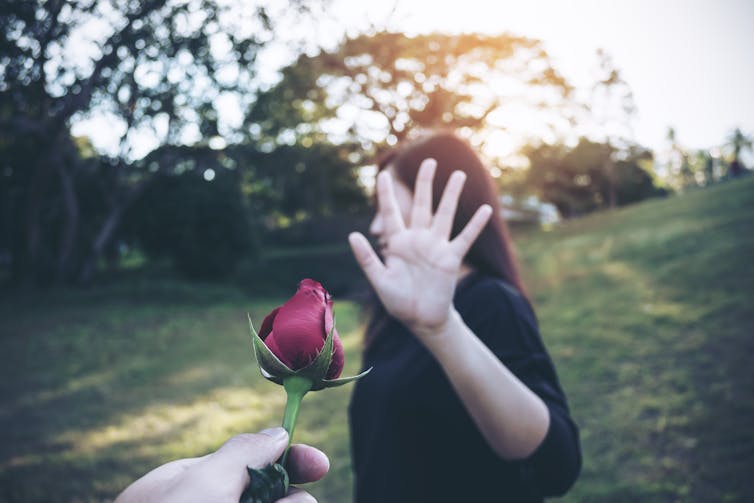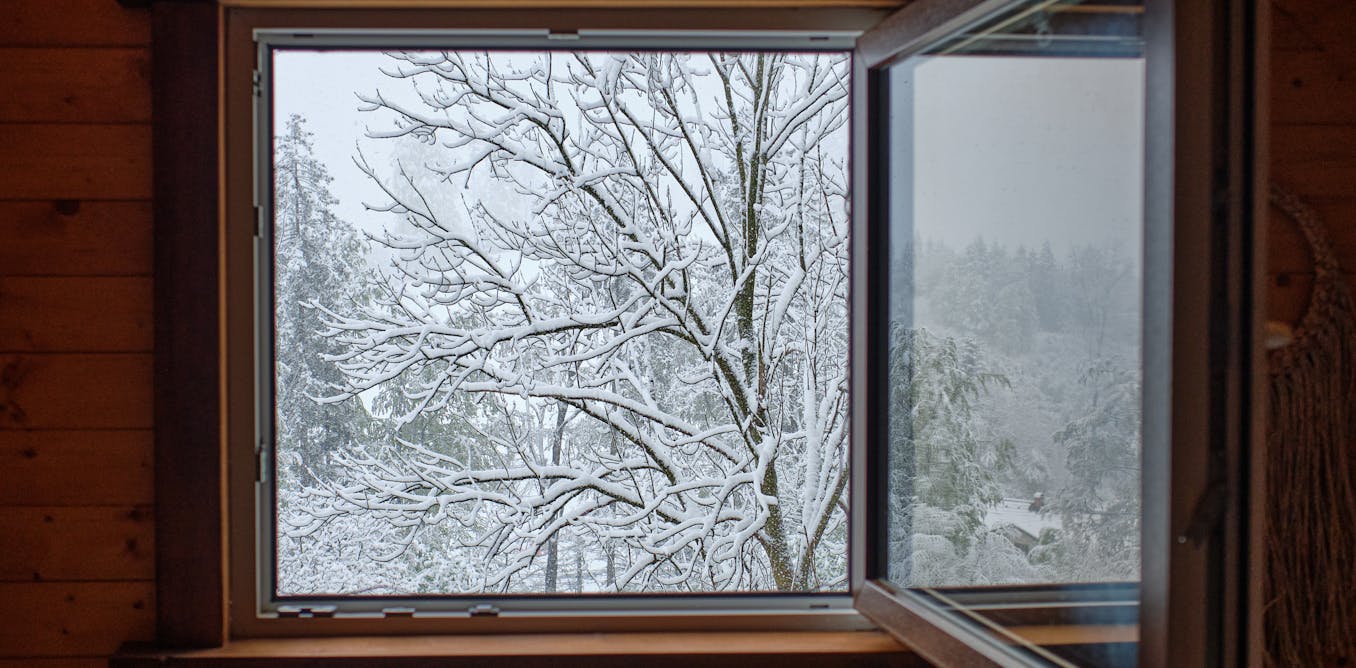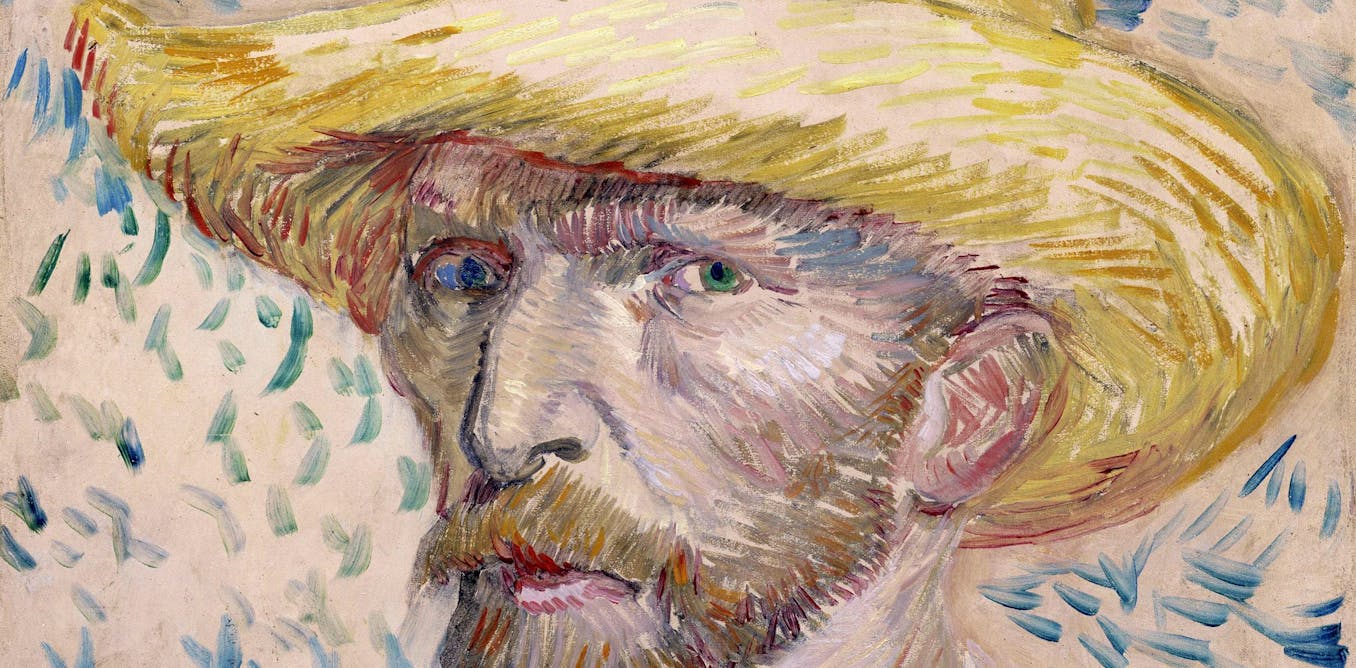Has a romantic partner, or someone you had a crush on, ever hurt your feelings? You’re far from alone. Very few people can boast a 100% success rate when it comes to attracting love interests. And even for those who have more “hits” than “misses”, no partner is capable of always being attentive to our needs, leading to conflicts, disappointments and breakups.
Given the ubiquity of romantic rejection, why is it often so challenging to respond in adaptive rather than destructive ways?
Humans are social creatures. Millennia of relying on our family and broader social communities for survival means that we have evolved complex psychological monitoring systems to track whether we are safely connected with others – or at risk of being pushed out of groups.
The evolutionary importance of social connection with others is so significant that some researchers have gone so far as to argue that people have a fundamental need for acceptance through positive and satisfying relationships.
If you’ve recently been rejected by someone you had feelings for, or a partner has ended your relationship, these psychology-backed tips will help you to move on.
Looking for love this Valentine’s Day? Whether you want to improve your relationship with others or with yourself, The Quarter Life Glow-up can help.
This six-week newsletter course from The Conversation will bring you research-backed advice and tools to help improve your relationships, your career, your free time and your mental health – no supplements or skincare required. Sign up here to start your glow-up at any time.
Why does rejection hurt so much?
In many societies, romantic relationships typically offer the strongest forms of connection – and consequently opportunities for rejection. From being rebuffed or ghosted by prospective partners, to having your emotional needs ignored in your relationship, through to recurring conflicts, breakups and divorces, romantic rejection can manifest at all stages of romantic life.
Read more:
From ghosting to ‘backburner’ relationships: the reasons people behave so badly on dating apps
These moments of rejection amplify our need to belong. They motivate us to respond in a way that restores of feelings of safety and connection because they shine a spotlight on the psychological risks of being cast out and left vulnerable.
While romantic rejection is always unpleasant, not everyone notices or reacts to rejection in the same way.
People who are higher in rejection sensitivity more actively monitor for signs of rejection from their loved ones. This hypersensitivity often backfires, leading them to over-anticipate rejection and prevent others from behaving in ways that would provide reassurance.

Farknot Architect/Shutterstock
Consider, for example, that you find out a group of friends met for coffee and didn’t invite you. It is natural to feel slighted even if this was not their intention. People lower in rejection sensitivity are more likely to conclude that the harm was unintentional, and focus instead on the positives. Perhaps, suggest that “it looks like you had a great time, I’d love to join next time”.
People higher in rejection sensitivity are more likely to conclude that the exclusion was not only intentional, but indicative that the friend group is harbouring some kind of resentment. These assumptions can lead to withdrawal. Instead of opening the door for an invite in the future or reassurance that their presence was missed, they close it behind them.

Annika Knight/Dupe, CC BY-SA
This preoccupation with protecting the self from rejection often contributes to self-fulfilling prophecies. For example, people with lower self esteem often over-anticipate rejection from others. Consequently, they are more likely to believe that a potential romantic partner is disinterested.
This assumption of disinterest prevents them from even attempting to initiate a relationship with the object of their affection. Their potential partner may misinterpret reticence as disinterest, or may never even realise the door for connection was open, thus guaranteeing a “rejection”.
The only way to break this cycle is by trying to connect, rather than hoping or assuming the other person will always make the first move.
By contrast, people with high self esteem are less preoccupied with avoiding rejection and are therefore more likely to continue to see loved ones through rose-tinted glasses, even after experiencing rejection.
How to cope with romantic rejection
Being more sensitive to the warning signs of rejection does not mean that someone is immune to its sting. Experiencing rejection leads most people to feel worse about themselves and others. This can lead to aggressive and selfish actions.
Research has even shown that some people are more likely to say that being sexually coercive against a partner is permissible if they have been reminded about time they had been recently hurt by a close other. Therefore, in a cruel twist of fate, these hurt people often hurt others, thereby reducing the likelihood of reconnection.
So, how can you find more adaptive ways of coping with rejection? An important first step is self-reflection. People with low self-esteem or an insecure attachment style (people who have less positive self-regard and expect others to have poor regard for them as well) are more likely to be rejection sensitive. Ask yourself if this might describe you.

Rawpixel.com/Shutterstock
Recognising that this is something you struggle with can help you be mindful in how you respond to experiences. Even people particularly sensitive to rejection benefit from being nonjudgmental about their inner experiences, and are less likely to report negative feelings following rejection.
Another strategy you can work on is constructive, rather than destructive, approaches to communication. Because rejection makes us feel defensive, it can lead us to express ourselves in overly negative and indirect ways. Try to avoid focusing on your love interest’s intent.
In a relationship, focus on how a transgression made you feel and what it would take to make it up to you now, and in the future. These sorts of positive, yet direct, approaches are more productive and increase the likelihood that your partners will be responsive to your needs in the future.
It is not necessary to run away from rejection. It is an important social cue that can motivate you towards self-improvement and connection with others. The people who can fully embrace the potential benefits the comes from connecting with others, in spite of any potential risks, are more likely to reap the rewards.

The post “How to cope with romantic rejection – a psychologist’s advice” by Veronica Lamarche, Senior Lecturer of Psychology, University of Essex was published on 02/13/2025 by theconversation.com




































Leave a Reply